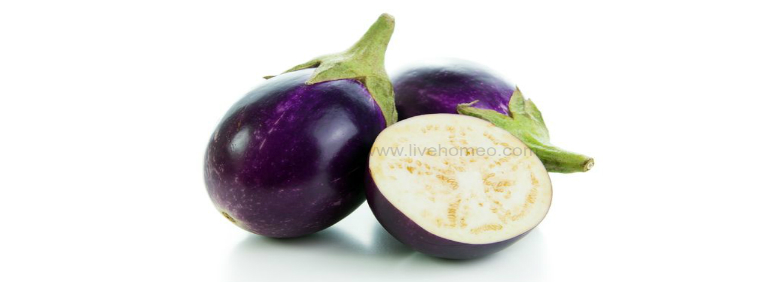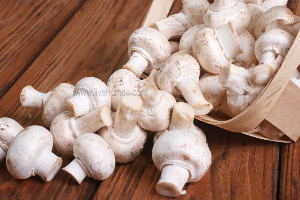As winter is here, we get to enjoy lots of fresh seasonal fruits and vegetables. Though now a day’s fruits and vegetables are available all around the year, but they are fresh, tasty and cheap in that particular season. Including winter fruits and vegetables in diet helps to improve immunity and also keep away from cold, flu and other seasonal illnesses.
Here are the list of winter fruits and vegetables, which helps to improve our health and give us all required nutrients.
Fruits in winter
- Apple- As we know eating an apple daily keeps doctor away, we get to enjoy fresh apples in winter and is one of the most important fruits to eat in winter. Apples are a great start for a day and also beneficial for teeth and skin. Apples improve digestive health, prevent asthma and also improve heart health.
- Pomegranate- Pomegranates are rich in all essential nutrients. Pomegranates prevent health problems like heart attack, hypertension and also control cholesterol. Pomegranate also protects us from cancers and Alzheimer’s abscess.
- Oranges- Oranges are one of the top fruits which give us many health benefits. Oranges are rich in potassium, calcium, fibre, vitamin C and so on. Oranges are beneficial for bones, improves immunity, treats constipation and also useful for skin.
- Grapes- Grapes along with its sour and sweet taste also have many essential nutrients and provide many health benefits. Grapes help to control cholesterol, headache, migraine, beneficial for eye and so on.
Vegetables in winter
Here is the list of vegetables to eat in winter.
- Carrot- Carrots are one of the mostly common vegetables to eat in winter. Carrots are loaded with antioxidants, beta carotene, vitamin B, vitamin C, vitamin D, vitamin E and also vitamin K. Carrots are beneficial for skin, eyes, reduce the risk of cancers and also cardiovascular diseases.
- Cabbage- Cabbages are one of the winter veggies with several vitamins and minerals. Cabbage also contains fibre and helps to control cholesterol, diabetes and also reduce the risk of cancers.
- Potatoes- Though we get potatoes throughout the year but they are fresh in winter. Potatoes are very nutritious and contain potassium, folic acid, vitamin C and magnesium.
- Green leafy vegetables- Green leafy vegetables are very beneficial for health, they are rich in iron, calcium, manganese, potassium, anti oxidants, omega 3 fatty acids and also contains several vitamins like A,C,E and K. These green vegetables reduce cholesterol levels, helps in digestion and also protect us from cancers.
- Beetroot- Though beets are available in all seasons but they are fresh in winter. Beets are rich in antioxidants, potassium, foliate and vitamin A, B and C. Beetroot helps in detoxification, beneficial for skin, hair and also is low in fat and calories.
- Cauliflower- Cauliflower is a cool weather crop and it is fresh in winter. Cauliflowers are rich in antioxidants, carotenoids and all essential vitamins like C, A, K and E. It helps to reduce the risk of cancer, brain disorders, cardiovascular diseases, hypertension and so on.












